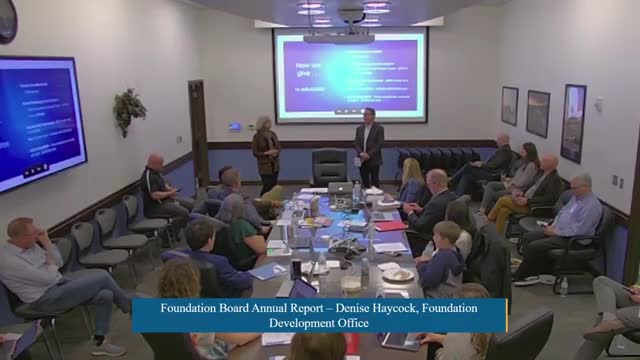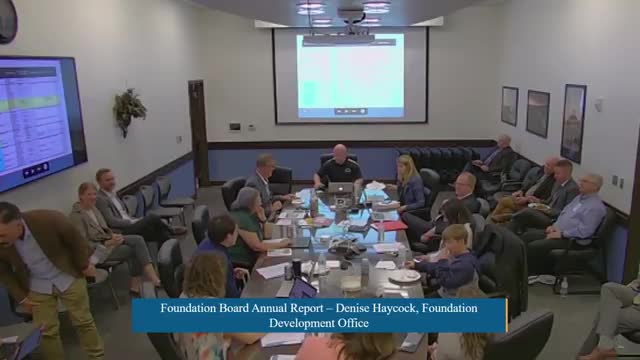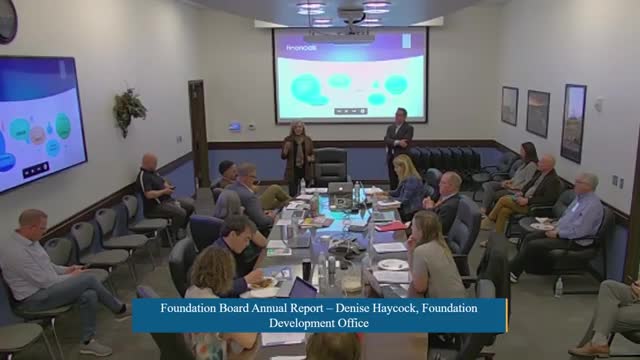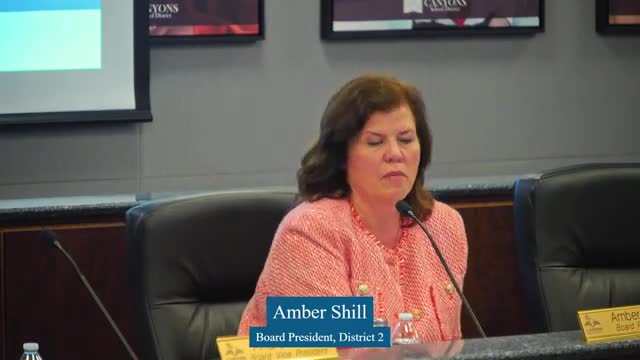Article not found
This article is no longer available. But don't worry—we've gathered other articles that discuss the same topic.

Canyons board approves teacher, staff and administrator compensation packages for 2025–26

Canyons board hears detailed planning update on Innovation Center; trades building, conference space and program clusters discussed

Canyons Education Foundation reports $2.5 million in assets, details scholarships and resource closet

